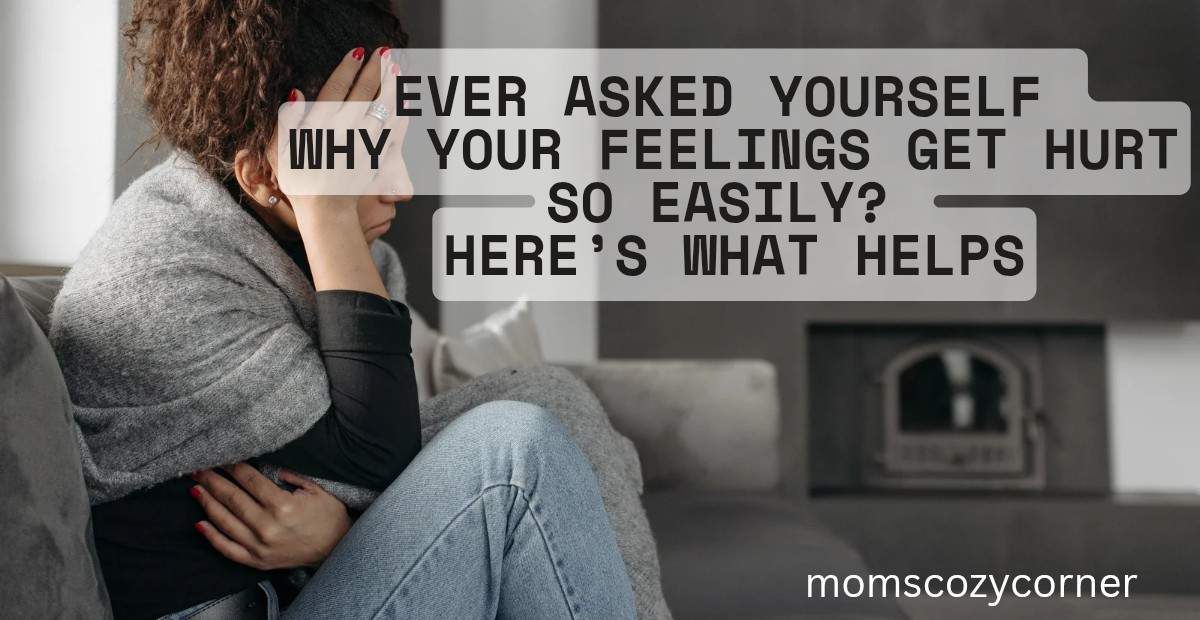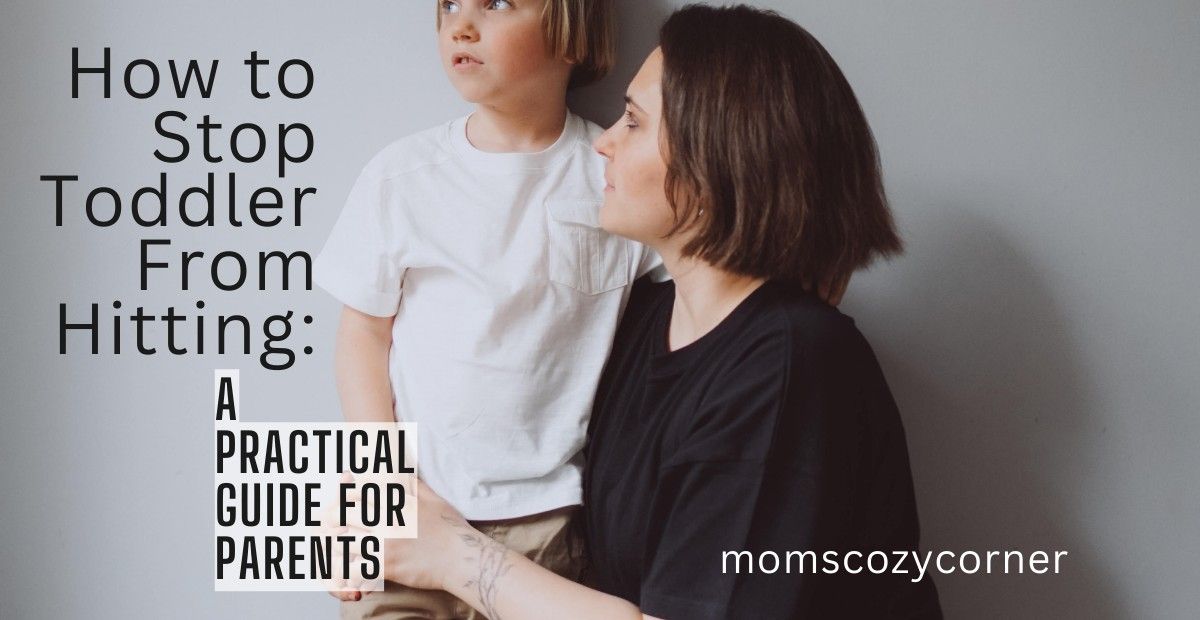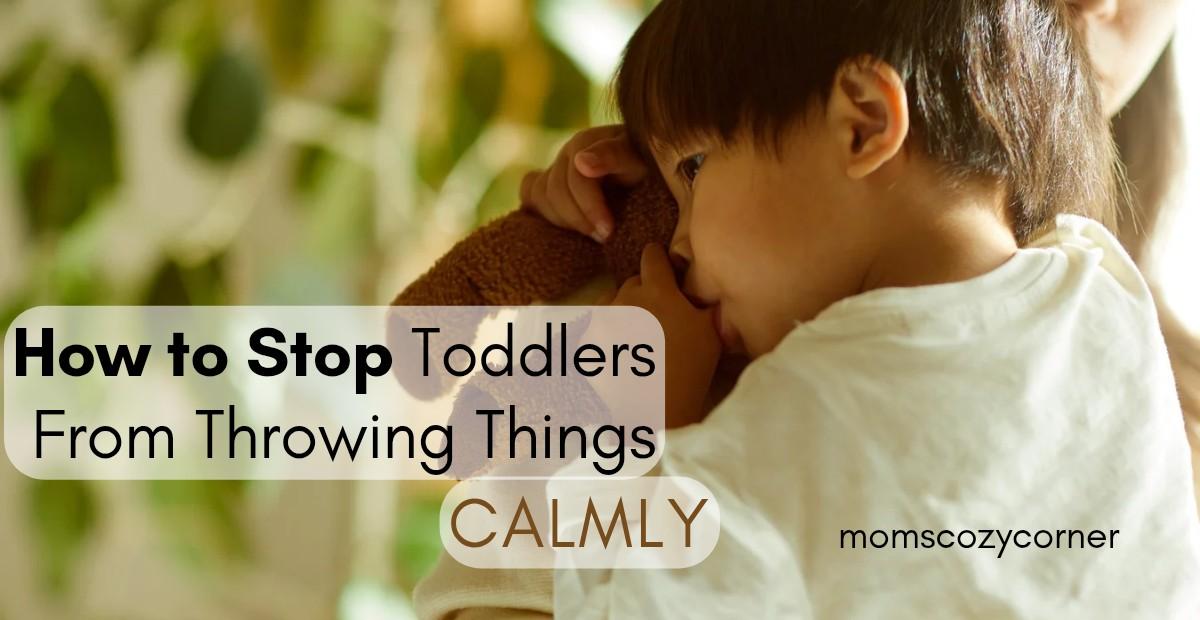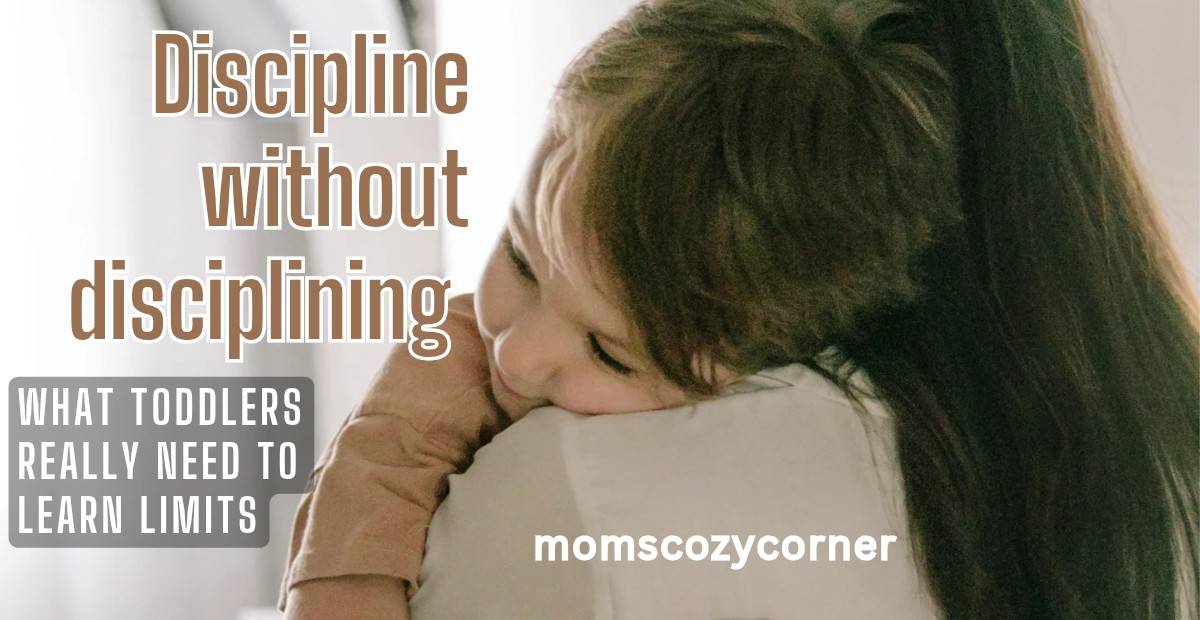Why Do My Feelings Get Hurt So Easily? A Mom’s Honest Guide
Introduction
Ever wonder, “Why do my feelings get hurt so easily?” I totally get that. I get hurt so easily, sometimes even over the smallest comment. Those words cling to my feelings and hurt me deeply, replaying in my mind and messing with my mood for the whole day—or longer. Maybe someone points out my looks, doubts my abilities, or just says something careless, and boom—it hurts my feelings more than I’d like to admit. My first reaction is always tears, then endless overthinking—why did they say that to me?—and sometimes even anger later. Do you feel the same way? If yes, keep reading, because we’re going to talk about real solutions here.
I’ve always been someone who feels emotions intensely (I even wrote about why I feel things so deeply). That’s why building emotional strength matters so much to me.
Why am I so sensitive and cry easily?
We cry so easily, and people around us often say, “Why are you crying over such a silly reason?” To them, the reason doesn’t seem big enough for tears. But for some of us, even the tiniest thing can set off big feelings. And then that little voice pops up—ugh, why do I cry so much for no reason when everyone else seems fine? If that sounds familiar, you’re definitely not alone.
Personality & Temperament
The first reason is our personality and temperament. Sometimes it’s just how we’re wired. Some people are born with a softer heart, naturally tuned in to others’ feelings, and they get hurt more easily. I see this in my elder daughter—she’s always gentle and tries not to upset anyone. She even worries about upsetting people without meaning to, which shows just how caring her heart really is.
But temperament isn’t only about what we’re born with. It’s also shaped by:
- How we’re raised
- The people we’re surrounded by
- The lessons we pick up from parents, teachers, friends, and even books
When empathy runs deep—whether by birth or by upbringing—it often makes us more sensitive and more likely to cry.
Mom-Life Stress Factors
Let’s be real—mom life is no joke. We’re on call 24/7 with constant caregiving, a mountain of responsibilities, and that never-ending mental load. Add in the bills, the lack of sleep, and the physical exhaustion, and it feels like we’re stretched way too thin.
Honestly, it’s like a balloon getting pumped with air—at some point, it’s going to pop. And when it does, the tiniest thing (or sometimes nothing at all) can make us cry. I’ve been there more times than I can count.
Some common stressors we face as moms:
- Sleepless nights and burnout
- Financial worries
- Overloaded responsibilities
- Forgetting self-care
- Health struggles
Emotional Baggage
Our past plays a huge role in how sensitive we are today. Every day we go through happiness, sadness, frustration, and anger—and we carry those feelings forward. Sometimes, even small triggers can bring up old pain, especially when you are hurt by someone you love. If something from the past isn’t resolved, it can pop up later as a trigger. For example, my husband once joked about my body when I complained about dresses not fitting right. I told him it hurt me, but when he repeated it the fourth time, I just broke down crying. Only then did he realize how deeply it cut.
Some common past triggers include:
- Hurtful comments that repeat
- Old emotional wounds
- Unresolved arguments
- Childhood experiences
The Mental Side of Emotional Sensitivity
We moms carry endless mental loads—school projects, meal planning, keeping everyone happy. Like, one morning my one daughter wanted pancakes, but the other one said, “I like pancakes, but not right now.” That nonstop decision-making just drains our energy and makes us emotionally fragile. When our feelings are stretched thin like that, even small things can hurt more deeply. Let’s see two major mental loads that push us toward easy tears.
Overthinking & Mental Exhaustion
You know what? Overthinking is the real energy thief. One morning, I burned a dish. A simple mistake, right? But instead of brushing it off, I spiraled:
- “I’m not a good cook.”
- “I’m failing as a mom.”
- “I can’t get anything right.”
I can’t stop thinking about it, and by lunchtime, my mind was so cluttered I even forgot spices. That guilt piled up until I felt mentally exhausted—not just tired, but drained, like my brain battery was stuck at 1%. The funny part? The harder I tried to shake those thoughts off, the worse it got. It was kind of like quicksand, you know? Every tiny move, I swear, just made me heavier—more stuck—like I was never going to get out of there. All I wanted was a little peace, some way to start clearing my mind.
Anxiety and Self-Esteem
For many moms, anxiety never really shuts off. We worry about our kids at every stage—are they eating right, learning enough, fitting in?—and that loop wears us down. Add society’s pressure: do something for yourself, and people call you “selfish.” Not contributing financially can quietly eat at our confidence, making us feel less worthy. All this piles up and chips away at how we see ourselves. This is common, especially for stay-at-home moms.
- Daily kid worries drain our confidence.
- Financial dependence can hurt self-worth.
- Fear of judgment makes us second-guess.
Over time, it leads to lower self-esteem.
How to Stay Calm When Emotions Run High
We’ve all been told, “Don’t cry; it makes you look weak.” But let’s be real—when you’re sensitive, emotions hit like a wave, and the tears just show up. The trick isn’t forcing them away but learning little ways to stay steady when those feelings come rushing in, so tiny things don’t hurt you so deeply. Below are three things you can do to obtain that calm.
Reframing The Situation
As a sensitive mom, I’ve learned the power of reframing the situation. My kids often won’t nap, and society has opinions about that. At the same time, I met a mom whose son does nap, and she worried it would affect his night routine. Even though our situations were different, we both felt stressed and judged. I told her, “Trust your child; it’ll work out.”
- Focus on what works for your family, not society.
- Let go of judgment or outside opinions.
- Step back, breathe, and stay grounded.
Reframing helps both of us stay calm, even when emotions run high.
Creating Emotional Boundaries
Setting emotional boundaries is still something I’m learning. Saying no can feel impossible because we’ve been raised to worry about being labeled arrogant. But saying yes to everything drains our energy, affects our mental peace, and leads to guilt.
I learned this with a neighbor who left her toddler at my house. Her kids would throw things and fight, and despite my polite reminders, they didn’t respect it. I told her kindly that she needed to find another place for her kids when she was out. After that, she didn’t talk to me, and that’s okay.
- Politely communicate your limits.
- Protect your home and peace of mind.
- Accept that not everyone will understand or agree.
By standing firm, I safeguarded my energy and my daughter’s environment.
Limiting Social Comparison
You know, one of my friends, a mom of two boys, once told me she felt like she wasn’t good enough. She saw another mom teaching online classes, making gorgeous DIY crafts, and keeping her house spotless. Meanwhile, she felt she was “just sitting and wasting energy.” The funny part? Some of our other friends actually envy her because she lives comfortably without needing a job.
- That’s the trap of comparison—it never shows the full story.
- It stirs up anger, frustration, and self-doubt.
- What looks perfect outside may hide struggles inside.
- Your worth isn’t measured against anyone else’s timeline.
 Ways to Heal Your Mind and Heart
Ways to Heal Your Mind and Heart
Healing your mind and heart starts with truly believing you want that change. If you’ve been wondering how to become less sensitive, it really begins with small, steady habits that strengthen your emotions day by day. The overwhelming feelings and the hidden hurt won’t fade in a single day—it takes steady effort. But when you keep at it, little by little, you’ll notice more peace, joy, and calm.
Daily Healing Habits
Think of your daily habits as little medicines for your emotional wounds. The kind of habit you choose depends on what makes you feel better. If you love gentle movement, go for yoga or meditation. If you’re the type who needs to release stress loudly, try martial arts, boxing, or even a good sweat session at the gym. Nature lovers might find peace in gardening or simply tidying up the space around the house. And if creativity fuels you, DIY crafts or decorating projects can do wonders.
The key is to find your medicine. You don’t have to do it every single day, but make it your go-to when you’re feeling low or overly sensitive. With consistency, these habits can help you master your emotions instead of letting them master you.
Support Systems
You know, support systems look different for everyone. Honestly, we all have certain people in our lives we trust with certain things. Like, if I share something with my mom, that doesn’t mean I’ll share that same thing with a friend, and vice versa. In some situations my mom just gets it, while other times, a close friend might understand me better. And that’s okay. It’s all about knowing who to turn to in which moment.
Even mom groups can help—but real talk, you won’t connect with everyone there. The key is finding those few people you feel safe opening up to.
How to Decrease Your Sensitivity Naturally
If you’ve ever wondered how do I become less sensitive, the good news is that it doesn’t mean shutting off your feelings—it’s about staying grounded when things hurt and finding ways to bounce back faster. Sometimes we stay down too long, but the real trick is learning to reset and get back on track quickly.
# Understand your emotions
First, understand your emotions. I remind myself it’s okay to feel—then I name it: hurt, anger. When I have time, I’ll journal lines; if not, I grab my phone and record a quick voice note. Getting it out softens everything.
# Identify the triggers
Next, identify your triggers. Ask, “Who or what hurts me most?” A partner’s comments? Jokes about my body? Certain family gatherings? Note patterns. Once I see them, I can set limits, prepare scripts, or step back before hurt lands again.
# Write it down or speak it out
When I can, I journal to track the hurt and whether it’s getting worse or better. If time’s tight, I hit record and voice my feelings. Those voice notes capture raw emotion and let you replay, learn, and notice patterns later.
# Link body and mind
Finally, care for body and mind together. If I’m rested and moving—yoga, a walk, a quick gym session—my feelings sit lighter. Food, water, and breathing help too. When my body is supported, my mind steadies, and I bounce back faster.
Final Thoughts
Mama, I’ve always been that girl who carried big feelings, even over the tiniest things—and because of that, I often ended up getting hurt easily. Learning how to get over hurt feelings has been a game-changer for me, and once I started practicing it, I saw a real shift in myself. That’s why I’m sharing this—hoping it helps you too. If it does, don’t be shy to drop a comment. Hearing your stories and knowing my words made even a tiny difference truly motivates me to keep writing and sharing more of my experiences. I’m not here to judge, just to listen—as a friend.
If you’re curious about why we tend to feel emotions so deeply in the first place, I’ve written a whole post on it. You might find it comforting.







